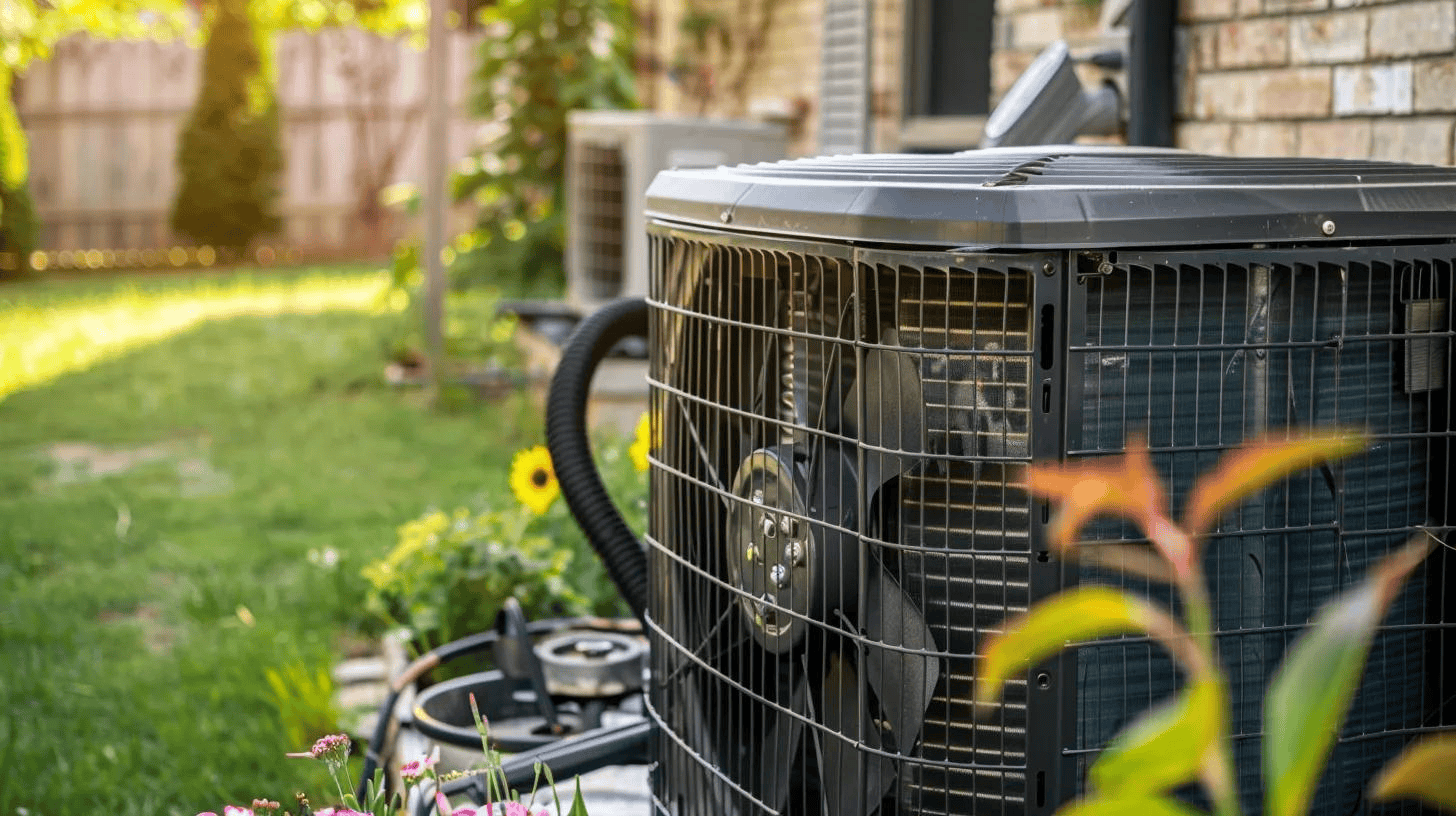The Ultimate Guide to Choosing the Right HVAC System for Your Home

Your home's HVAC (Heating, Ventilation, and Air Conditioning) system is a significant investment, and choosing the right one can dramatically impact your comfort, energy bills, and overall home environment. With so many options available, navigating the world of BTUs, SEER ratings, and AFUE can feel overwhelming. This guide will break down the essential factors to consider when selecting the perfect HVAC system for your needs.
Understanding Your Needs:
Before diving into specific systems, assess your individual requirements:
- Home Size and Layout: The square footage of your home is a primary factor. A system that's too small won't effectively heat or cool your space, while one that's too large will cycle on and off frequently, leading to inefficiency and higher energy bills. Consider the layout of your home as well. Do you have multiple zones with varying temperature needs?
- Climate: Your local climate plays a crucial role. Do you live in an area with hot summers and mild winters, or do you experience extreme temperature swings? This will influence the type of system and its capacity.
- Budget: HVAC systems range in price, so setting a budget beforehand is essential. Remember to factor in not just the initial purchase cost but also long-term operating costs and potential maintenance expenses.
- Energy Efficiency: Look for systems with high SEER (Seasonal Energy Efficiency Ratio) ratings for cooling and AFUE (Annual Fuel Utilization Efficiency) ratings for heating. 1 Higher ratings translate to lower energy bills and a smaller carbon footprint.
- Fuel Source: Consider the available fuel sources in your area, such as natural gas, electricity, or propane. Each has its own cost and efficiency considerations.
Types of HVAC Systems:
- Central Air Conditioners: These are the most common type of cooling system, using a network of ducts to distribute cool air throughout your home.
- Heat Pumps: Heat pumps can both heat and cool your home. They transfer heat rather than generating it, making them more energy-efficient than traditional furnaces, especially in moderate climates.
- Furnaces: Furnaces are primarily used for heating and typically burn natural gas, propane, or electricity.
- Ductless Mini-Splits: These systems are ideal for homes without existing ductwork or for adding zoned heating and cooling to specific areas. They consist of an outdoor unit and one or more indoor units.
- Geothermal Heat Pumps: Geothermal systems utilize the stable temperature of the earth to provide highly efficient heating and cooling. While the initial investment is higher, the long-term energy savings can be significant.
Key Considerations:
- SEER and AFUE Ratings: As mentioned earlier, these ratings are crucial for determining energy efficiency. Aim for higher ratings to save on energy costs.
- System Size (BTUs): BTUs (British Thermal Units) measure the heating or cooling capacity of a system. Consult with an HVAC professional to determine the appropriate BTU rating for your home.
- Installation: Proper installation is critical for the performance and longevity of your HVAC system. Choose a qualified and experienced HVAC contractor.
- Maintenance: Regular maintenance is essential for keeping your system running efficiently and preventing costly repairs. Schedule annual tune-ups with a qualified technician.
- Warranty: Check the warranty offered by the manufacturer and the contractor. A good warranty can provide peace of mind and protect your investment.
Choosing a Contractor:
Selecting the right HVAC contractor is just as important as choosing the right system. Look for:
- Experience and Licensing: Ensure the contractor is licensed and has extensive experience in installing and servicing HVAC systems.
- Reputation: Check online reviews and ask for references from past customers.
- Estimates: Get multiple estimates from different contractors to compare pricing and services.
- Communication: Choose a contractor who communicates clearly and answers your questions thoroughly.
Making the Final Decision:
Choosing the right HVAC system is a big decision. Take your time, do your research, and consult with qualified professionals. By considering your needs, budget, and the various options available, you can find the perfect HVAC system to keep your home comfortable and energy-efficient for years to come. Don't hesitate to ask questions and get clarification on anything you're unsure about. Your comfort is worth it!
Recent Blogs
Customer Testimonials
Ready to Transform Your Home?
.webp)













